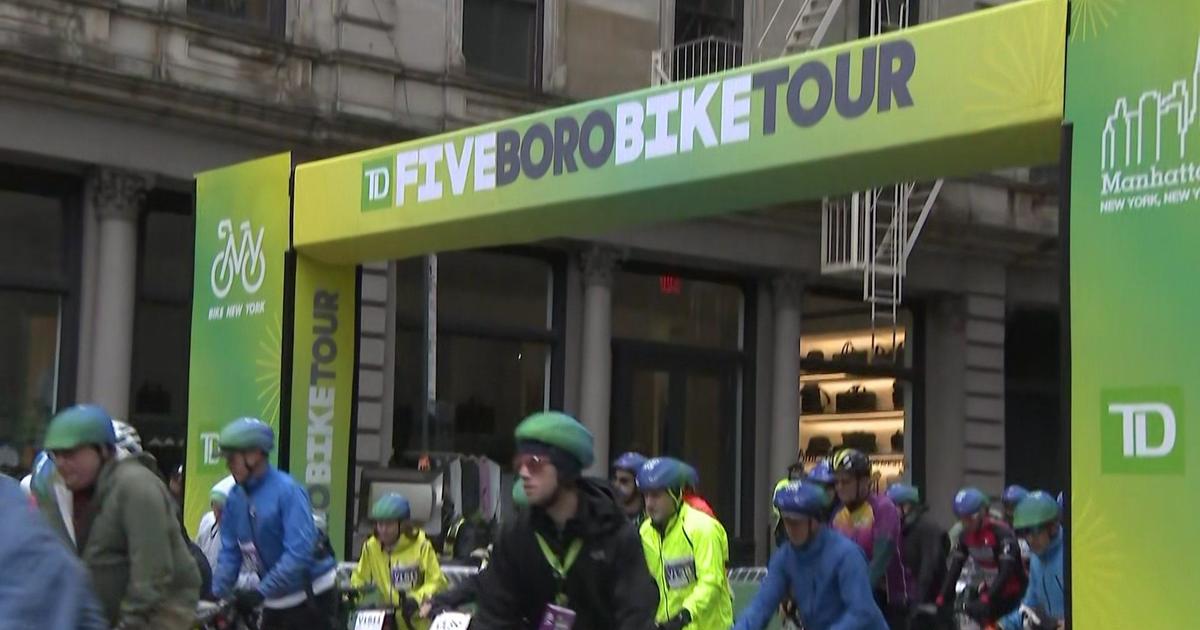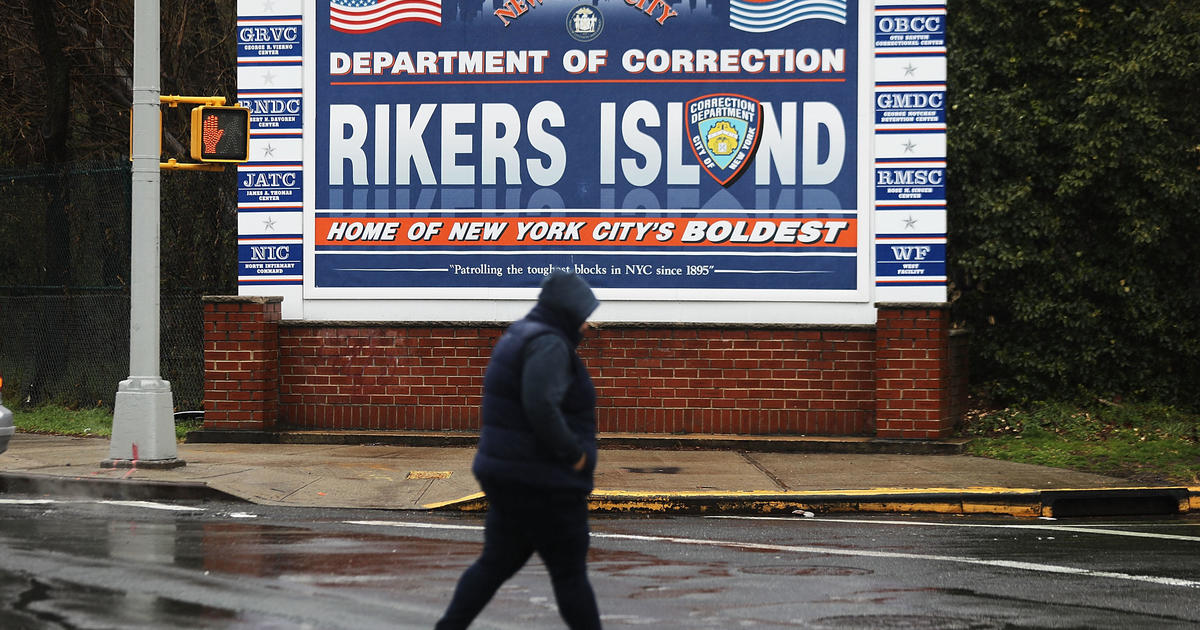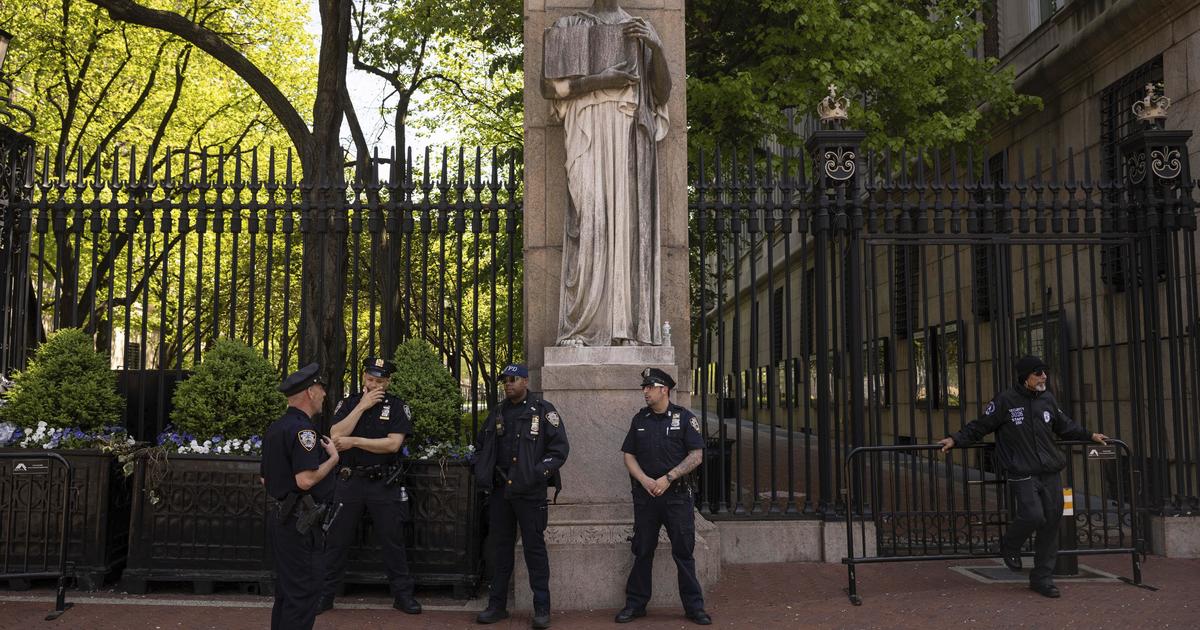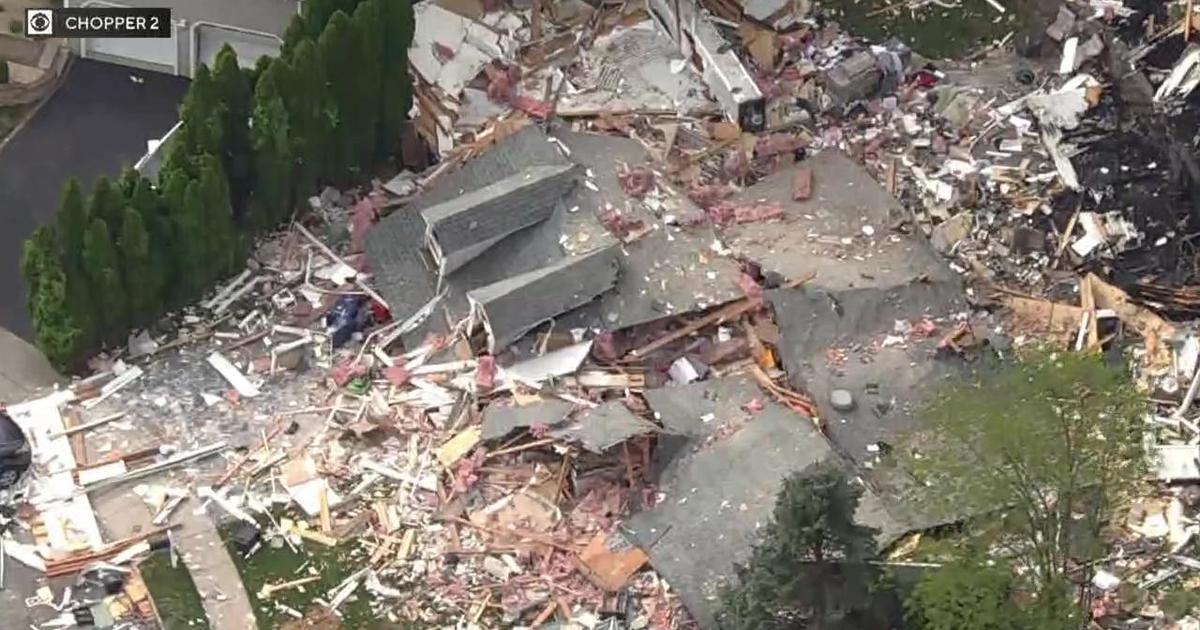N.J. congressman introduces bill designed to combat sudden cardiac arrest in young people, especially student-athletes
EDISON, N.J. -- An estimated 2,000 young people under the age of 25 die each year of sudden cardiac arrest, according to the Centers for Disease Control.
A New Jersey congressman wants to prevent future tragedies.
"Everyone tried to wrap their head around what happened because he was the strongest of us all," Razeenah Walker said.
Walker's grandson, Kittim Sherrod, was a football star and all-around athlete at Edison High School. The 17-year-old collapsed and died back in 2009 while running track off campus.
"Kittim had an enlarged heart, hypertrophic cardiomyopathy," Walker said.
David and Joanne Babbitt share the same pain. They lost their 16-year-old son, John, to the same condition.
"He was just running down the court and all of a sudden, boom, he fell. He hit his head on the bleachers," Joanne Babbitt said.
Both families joined Rep. Frank Pallone on Monday at Edison High School. He has introduced legislation he says will combat sudden cardiac arrest in young people, especially student-athletes.
"It's all prevention oriented, research oriented, and awareness so people realize that this is even a disease," Pallone said.
The proposed legislation would require the CDC and other agencies to create emergency response plans for schools, including guidelines on CPR training and the placement of life-saving automated external defibrillators -- also known as AEDs.
"Using a defibrillator and starting CPR within minutes of cardiac arrest, your chances of survival increase anywhere from 50% to 70%," Joanne Babbitt said.
Parents would also be given risk assessment sheets to see if their children have any symptoms requiring more testing.
"It can be as small as no appetite. A week or so before this happened, Kittim was telling us he couldn't eat," Walker said. "He couldn't sleep. He didn't feel well."
WATCH: Love your heart: Learning to use an AED device
Some student-athletes told CBS New York testing can make all the difference.
"They just discovered I have arrhythmia, so my heart was just going a little bit more faster than it should have been," Rachael Rodriguez said.
After Sherrod's death, the high school made sure it would never face another tragedy like that. It now has six mounted AEDs and eight portable ones.
"Whenever a runner goes off campus, the Edison PEA Local 75 graciously donated a 1500 mountain bike and we'll have one of our coaches follow behind with an AED," said Dave Sandaal, Edison High School's athletic director.
Pallone said he has bipartisan support and hopes the bill becomes law next year.




